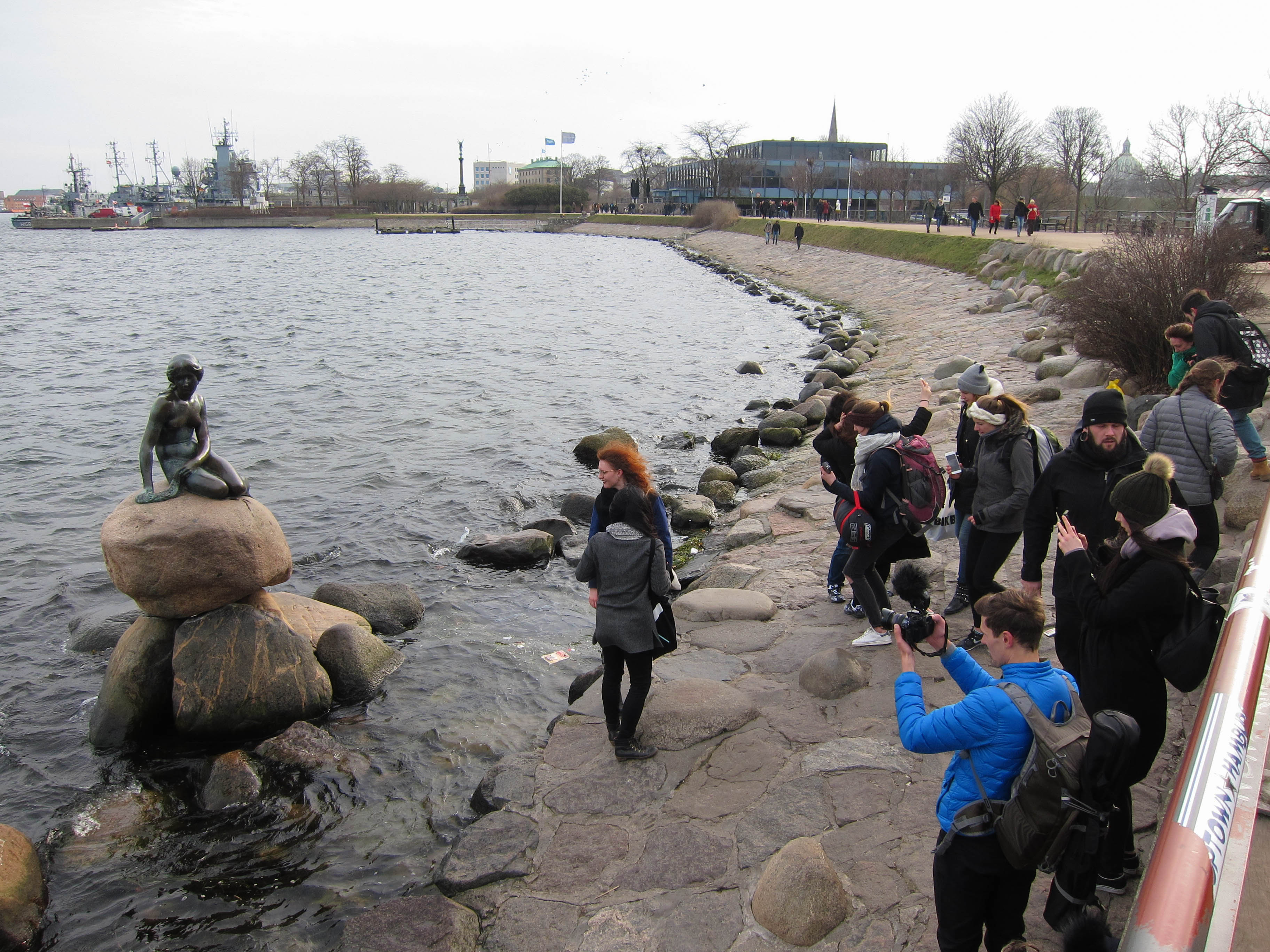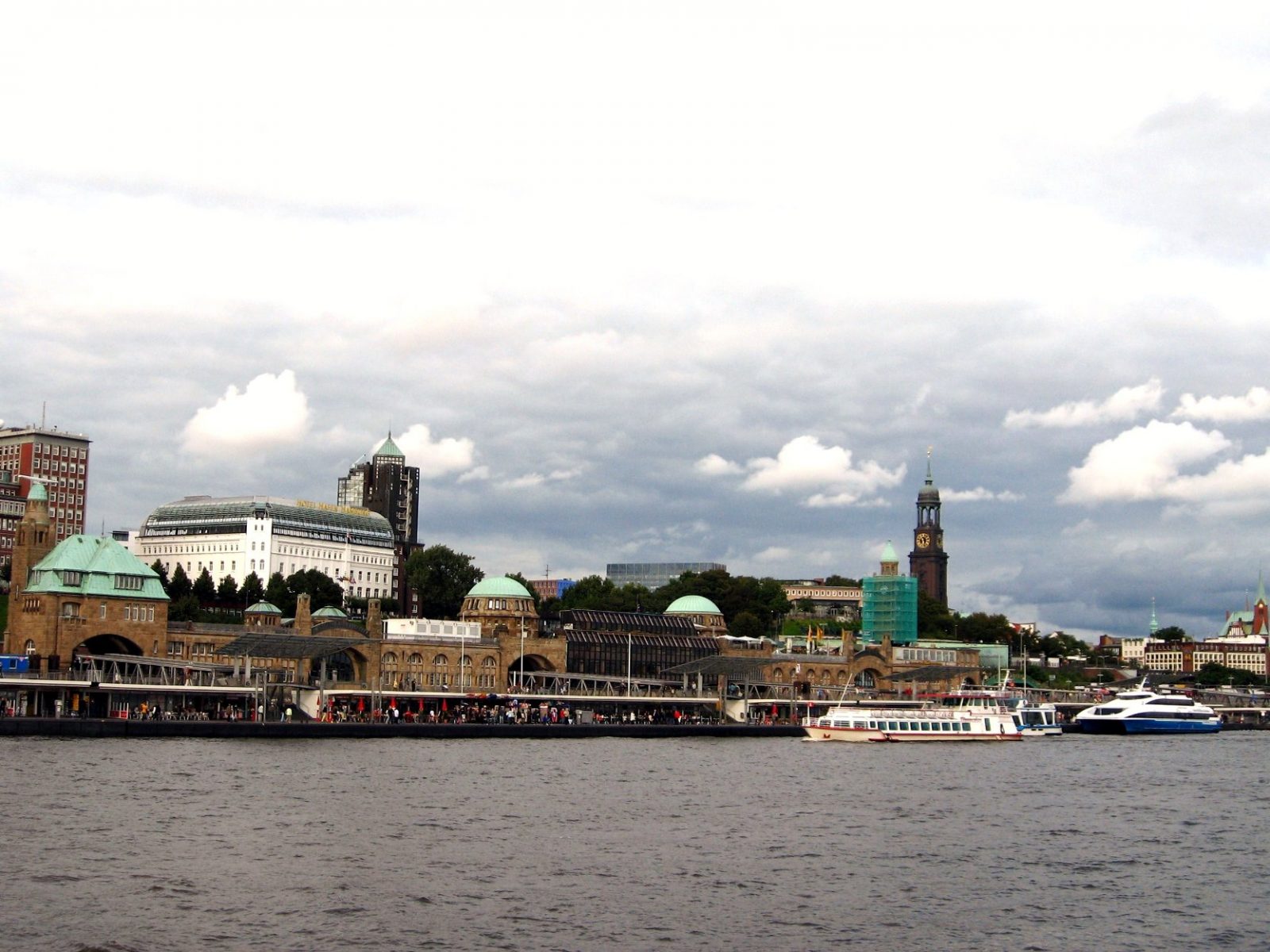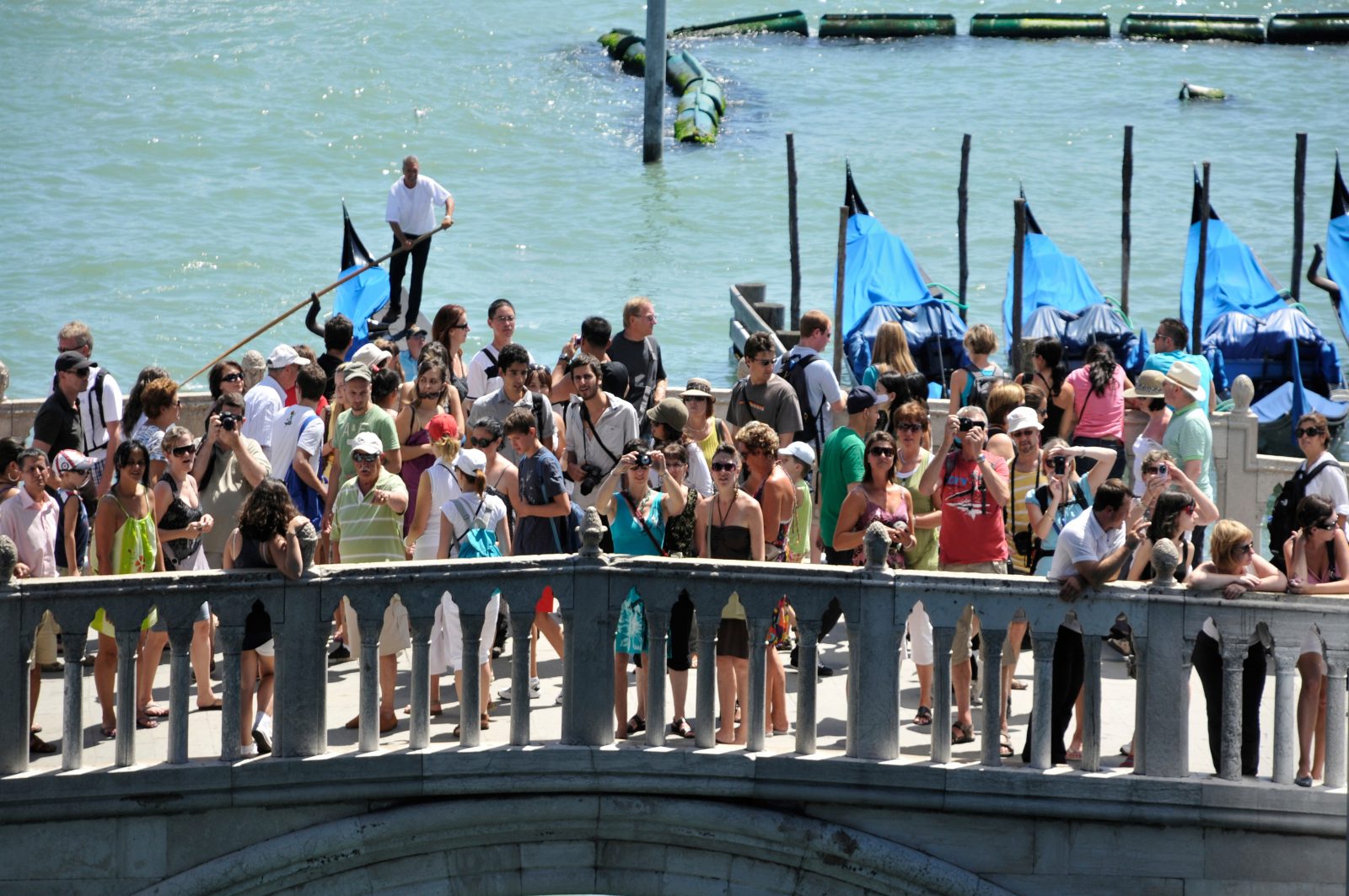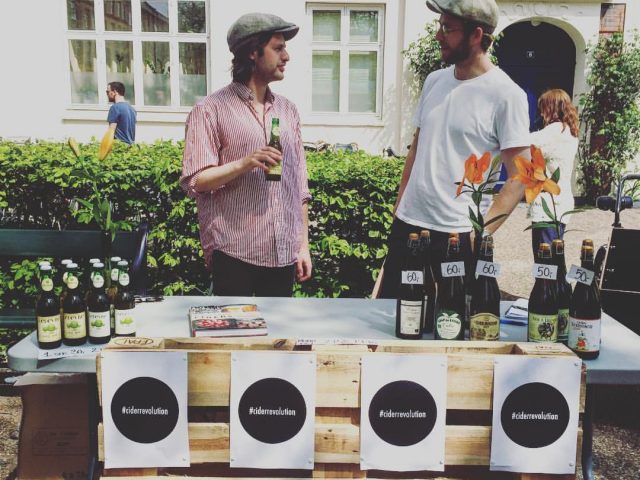The fight for the city

When cities are branded on single destinations, such as The Little Mermaid in Copenhagen, both residents and tourists will become dissatisfied. (Photo: Jukka/WikiCommons)
Residents around cities of Europe are fed up with tourists, even though most governments want to attract more. Researchers at CBS have investigated how branding a city can make residents and tourists better friends.
Summer means time for travels and vacations and thereby time for tourists. Lots of them.
Before packing their suitcases and backpacks they have to decide which city to visit. And branding plays an important part here.
But does the brand of the city targeting the tourists correspond with what the residents think about their city? Not always, and when it doesn’t it can create some troubles, explains Sebastian Zenker, Associate Professor at the Department of Marketing at CBS.
“Hamburg, for instance, defines itself as a ‘city by the waterfront’ inhabited by ‘creative’ and ‘wealthy’ people that offers a wide variety of cultural amenities such as ‘musicals’ to tourists. But the city witnessed a public protest against the branding of the city, as it simplifies the complex city and resulted in gentrification of several districts,” he says.
Sebastian Zenker has been exploring in a recently published academic article how the brand of a place affects both the residents and the tourists, and he has figured out, how to brand a city in the best way to avoid controversies like the one in Hamburg and between tourists and residents.
The touristic nightmare
At the moment, European cities like Amsterdam, Berlin and Venice are having huge issues with tourists. Residents have started to make t-shirts saying: “I hate tourists” and put up signs on old buildings stating that “this is not a zoo,” when tourists want to take a picture of the beautiful architecture.
And the problems have partly something to do with how the cities are branded.
At some point, it will create a tension between residents and tourists
Sebastian Zenker, Associate Professor, CBS
Different stakeholders in the cities have, according to Sebastian Zenker, different interest in attracting more tourists and this might result in a branding that doesn’t quite correspond with what the residents think is reasonable.
“Governments would to a large extent argue that branding a city in a way that attracts more tourists will provide more money for the city to spend on public goods. And that more tourists increase the variation of activities such as restaurants around the city. But it has a limit,” says Sebastian Zenker and adds:

“At some point, it will create a tension between residents and tourists, as residents don’t have any places to go. In New York, they remade the classic ‘I love New York’ t-shirt and had it saying ‘Go love your own city’.”
So, how should a city be branded in order to satisfy the residents and make the tourists want to come and pay a visit?
Complex brands satisfy everybody
Sebastian Zenker explains that when finding a suiting brand for a product or company it’s about finding the brand core that attracts the customers and distinguishes from the competitors. And in this case simplicity is the key, as it can be put into core values such as ‘eco-friendly’, ‘innovative’ and ‘diverse’.
Even Lolland-Falster could brand themselves as being a diverse place
Sebastian Zenker, Associate Professor, CBS
Making a brand for a city or a place is much more difficult: First, the ‘product’ itself is complex having much more aspects to include. While for tourists the Little Mermaid is important, for residents it might be the job market or for students the university.
Second, the control of the city brand itself, especially how the residents act, is limited. You can’t ask all residents of Copenhagen to be tolerant and open to tourists from one day to another because it says so in the brand values, he argues.
If a place or city wants to manage, change and use a brand, it has to be done in co-creation, as the residents make the place. The brand is not only for a closed group to decide.
“It’s important that residents are allowed to communicate about their city, as they would know it in a whole other way. And the brand should not be set in a few core values. If cities try to reduce the complexity, it always ends up in using the common denominator: diversity. As a result, all places claim then to be ‘divers’. I mean even Lolland-Falster could brand themselves as being a diverse place,” he says.
Branding can save cities
Nevertheless, branding is needed – also for the sake of the residents.
In Amsterdam, they have had success branding some other parts of the city in order to drag the tourists out of the city, as they fill up the inner section pushing out the residents, explains Sebastian Zenker.
“Amsterdam has the goal to make tourists spend more time outside the city. To do this, they have rebranded and renamed a beach and a castle into Amsterdam Beach and Amsterdam Castle to get the tourists to go there,” says Sebastian Zenker and smiles.

This way of rebranding areas is another way to give balance to a city. But Venice already lost the battle against tourists. No locals live in the Northern Italian city anymore, and the place has turned into some kind of amusement park for tourists.
Sebastian Zenker says that branding won’t be a way to save Venice from absurd numbers of tourists, but branding could be a way to prevent the same fate in Copenhagen.
“Copenhagen is good for now, but there are fears that tourists will affect the residents’ life. A good branding strategy would be handy to manage at least some of the issues that may occur in the tourist season,” says Sebastian Zenker and adds:
“And more importantly, a complex branding strategy including the residents lead to a higher identification and satisfaction of the residents – make them more tolerant of tourists.”
Maybe someday, when the tourists become too ubiquitous in Copenhagen, the politicians should think about renaming Fredensborg Castle to the Castle of Copenhagen and the beach of Greve could be name the beach of Copenhagen?

































































































































Comments